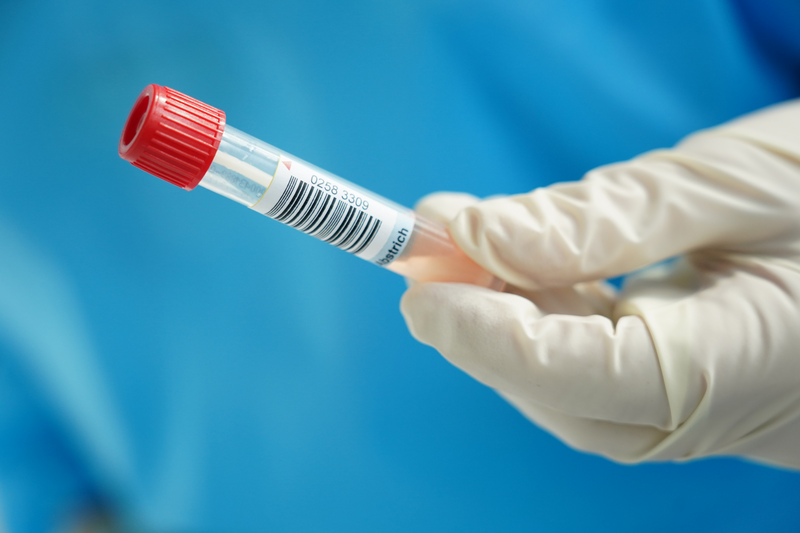The UK’s Medicines and Healthcare products Regulatory Agency (MHRA) has launched a consultation process aimed at looking into existing regulation around medical devices and proposed changes to the current rules.
The process will assess the requirements a specific medical device must currently meet in order to be allowed on the market in the UK, a government press release has said.
The regulatory body says a number of policy areas ‘have evolved significantly’ since it launched a similar consultation process in 2021, creating the need for a reassessment.
Transformative technologies
The consultation is said to be part of other steps “that support the development of a regulatory framework that enables transformative technologies to reach patients as quickly and safely as possible.”
The first policy area the consultation will look into is around the UKCA (UK Conformity Assessed) marking. The idea is to replace that with a Unique Device Identification (UDI). This could remove the need for UKCA physical marking.
Second, the UK body is looking at international reliance, a process via which a medical device can access the UK market faster if it has been approved by a comparable regulator elsewhere.
Third, the UK regulator says it is looking into regulatory requirements for a Class B IVD device to access the UK market. IVDs (in vitro device) are classed into four categories, based on the level of risk they pose to patients and the public.
Statutory framework
Last, the MHRA is “seeking views on a proposal to remove the revocation date of four pieces of assimilated law so that they remain part of the statutory framework for medical devices in Great Britain until the transition to an updated medical devices regime. The four pieces of law are:
- Commission Decision 2002/364 on the common specifications for in vitro diagnostic medical devices.
- Commission Regulation (EU) No 207/2012 on electronic instructions for use of medical devices.
- Regulation (EU) No 722/2012 concerning particular requirements for medical devices manufactured utilizing tissues of animal origin.
- Regulation (EU) No 920/2013 on the designation and the supervision of approved bodies.
Similar step in EU
The MHRA has announced its launch of the consultation process at a time when similar steps are being taken in the EU, where politicians are also looking into existing regulations around the use of medical devices.
According to reports, the European Parliament has passed a resolution aimed at preventing potential shortages of medical devices and avoiding bottlenecks.
According to the report, “the Parliament asked the European Commission to propose ‘systematic revision’ of the existing legislation and complete an impact assessment by the end of the first quarter of 2025.”
Experts have called this “a very positive, timely step which helps to address urgent patient need and responds well to manufacturers’ concerns,” the report says.
The EU parliament’s resolution says there is “a need for the regulatory frameworks to better accommodate innovative devices that address unmet medical needs and provide better prioritisation and fast-track pathways.”













